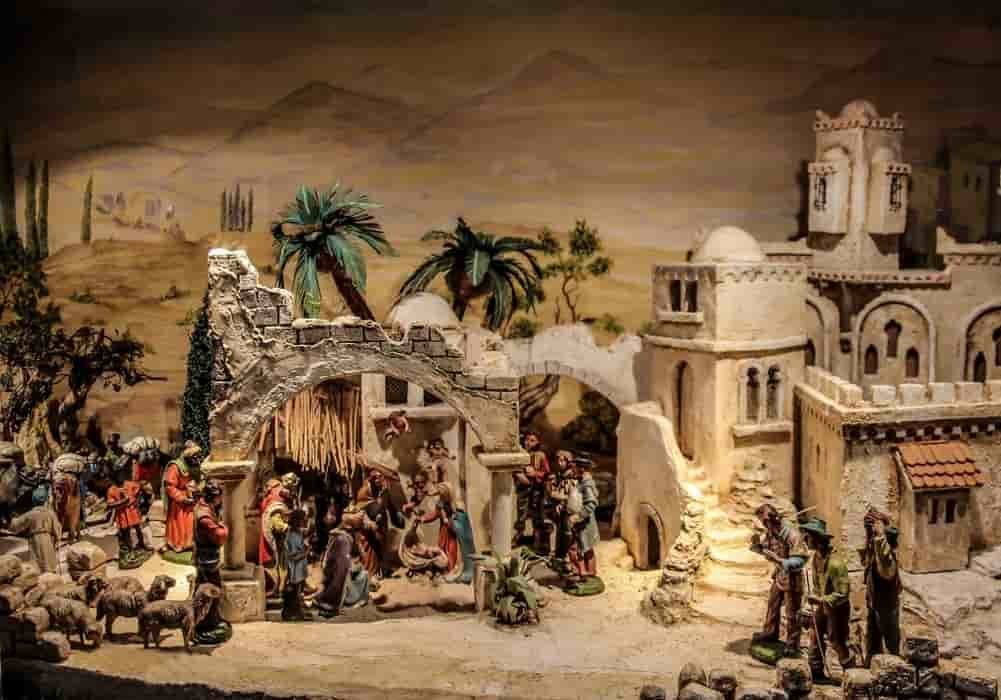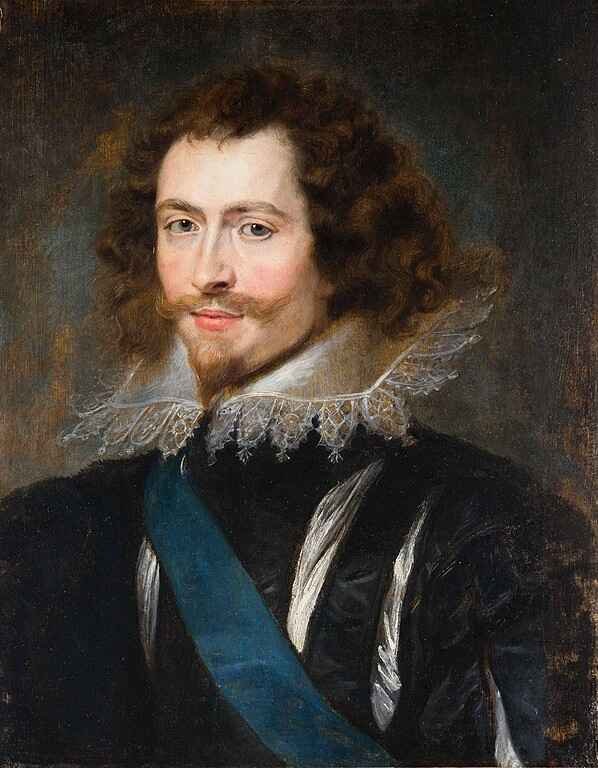The very first Christmas
Every night from December 24 to 25, all over the world, children celebrate Christmas. But where does this tradition come from? Do you know the very first Christmas celebrations?
First celebrations and How did Christmas really start?
The very first Christmas would have been celebrated around the year 336, in Rome (Italy). That is more than 300 years after the birth of Jesus! At this time, the Roman Emperor Constantine converted to Christianity. He decides to celebrate the birth of Jesus on December 25. Because this day was a day of celebration for a long time!
Previously, the Romans celebrated the birth of the sun god, the “Sol Invictus”, on December 25th. For that day marked the winter solstice, the longest night of the year. After the birth of the Sun, the days got longer!
Who invented The very first Christmas?
Every night from December 24 to 25, all over the world, children celebrate Christmas. But where does this tradition come from?
Christmas is a celebration of the Christian religion. Originally, there were no trees, garlands, or Santa Claus! But a tiny little baby, born in a stable. Because Christmas commemorates the birth of Jesus. Christians regard him as the son of God! His story is told in the Bible.
Young Mary lived in the small town of Nazareth (in Palestine, in the Middle East). One day she receives a visit from an angel. He announces to him that God wants to send his Son to earth. And that he chose her to be his mother. Marie accepts.
Nine months later, the authorities are requiring all residents to register with their families in their hometown. Mary leaves Nazareth with her husband Joseph, from the city of Bethlehem. She is pregnant and is riding a donkey.
Arriving in Bethlehem, Mary and Joseph find that all the inns are full. There is no room for them anywhere! Marie is about to give birth. They therefore settle in a stable, with the animals.
During the night, Jesus comes into the world. He is warmed by the breath of an ox and a donkey. Three wise men, guided by a star, reach him. They offer him gold, frankincense, and myrrh. Nativity scenes in homes and churches commemorate this scene!
Read also: Catholic Saints | Saint Names, Patrons and Feasts
Subsequently, Jesus leads an intense spiritual life. Many people follow his teachings. A few years after his death, a new religion was created: Christianity.
The very first Christmas would have been celebrated around the year 336, in Rome (Italy). That is more than 300 years after the birth of Jesus! At this time, the Roman Emperor Constantine converted to Christianity. He decides to celebrate the birth of Jesus on December 25. Because this day was a day of celebration for a long time!
Previously, the Romans celebrated the birth of the sun god, the “Sol Invictus”, on December 25th. For that day marked the winter solstice, the longest night of the year. After the birth of the Sun, the days got longer!
A feast with pagan origins
Historians agree that long before the Roman era, Europe was celebrating the long-awaited rebirth of nature and the new life expectancy at the winter solstice at the end of December.
But on the other hand, there is no details about the ceremonies that took place at that time.
For the Christian religion, the holiday of Christmas did not exist. It was not until the second century that the Church looked for the precise date of Christ’s birth. The date of December 25 was fixed around the year 300 by Rome, in order to Christianize the rites resulting from popular culture. Thus, it was easier to convert the population to Christianity based on secular traditions.
The origins of the word Christmas
The origins of the word Christmas are diverse and controversial. All over Europe, the term has taken on different colors: Christmas in France, Natale in Italy, Natal in Portugal, Navidad in Spain.
Some etymologists claim that this word could come from the Latin natalis dies, which means “day of birth”.
Others claim that the origins of Christmas are Gallic. The term “Christmas” would have for etymology two Gallic words noio (new) and hel (sun).
In the Middle Ages, the very first Christmas was the cry of joy from the people at the arrival of a happy event.
As always, major Christian religious holidays and pagan festivals overlap and intermingle, so it is difficult to trace the exact origins of the word Christmas. Especially since the term Christmas is not used in some countries such as Great Britain and Germany which speak of “Christ’s Mass” (Christmas) to designate this day. Likewise, in Scandinavian countries, Christmas translates to the word Jul.
The extension of the Christmas party throughout Europe
With the expansion of Christianity, the celebration of Christmas has become more and more introduced into the mores of Europeans. The holiday of Christmas gradually spread in Europe and was celebrated as early as the 5th century in Ireland, in the 7th century in England, and in the 8th century in Germany.
In the 18th and 19th centuries, the exchange of gifts became a custom, symbolizing the gifts that the Three Kings gave to Jesus.
The origin of Santa Claus
Father Christmas is inspired by the character of Saint Nicholas. Moreover, he has the same symbolism as the latter: long white beard, the miter which has become a fur cap … Reindeer harnessed to a sled follow him on his travels. Saint Nicholas was traveling on the back of a donkey.
For Americans, Saint Nicholas is “Sinter Klaas” who became Santa Claus. In Germany it is called Santa Klaus.
Before spreading in Europe, the character Saint Nicolas was imported to the United States in the 17th century by German or Dutch immigrants, where it would have taken a commercial scale, undergone clothing and cultural transformations to transform into Santa Claus that we currently know. He took on a very convivial and festive image. He would then have returned to Europe.
Sources: PinterPandai, Why Christmas, Britannica
Photo credit: Pxhere (CC0 Public Domain)
Tips For Choosing Christmas Gifts for Children | What to choose for them?



